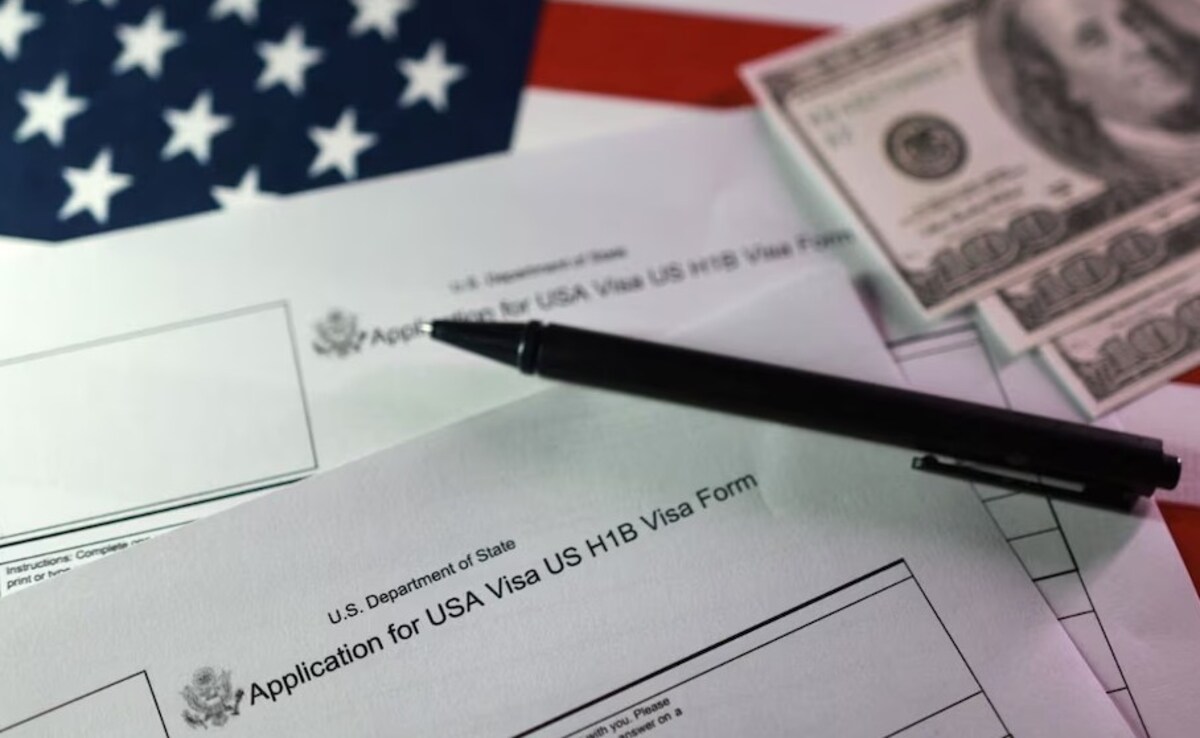H-1B Visa Reforms: How Wage Prioritization Under Trump-Era Rules Affects MBA Graduates
The shift towards H-1B lottery prioritization based on wage levels could fundamentally alter post-graduation employment prospects for international MBA students, especially those not securing top-tier salaries.
Article Summary
The article examines the Trump administration's proclamation to reform the H-1B program, specifically focusing on proposed changes to prioritize higher-paying jobs in the visa lottery. While an initial $100,000 fee was deemed unlikely to impact MBA graduates, directives to raise prevailing wages and prioritize higher wage levels are expected to have mixed effects. Data suggests many MBA graduates, particularly in sales, marketing, or from certain programs, often accept salaries below the median prevailing wage levels targeted by the proposed changes.
[ Sentiment: neutral | Tone: factual ]
This summary and analysis were generated by TheNewsPublisher's editorial AI. This content is for informational purposes only; it does not constitute legal or immigration advice.
TNP AI: Key Insights
This news is critical for international MBA students and their prospective employers. It highlights a potential structural shift in H-1B eligibility, moving away from a purely random lottery towards one favoring higher-wage positions. This could make securing an H-1B more challenging for graduates accepting roles with moderate salaries, even from reputable programs, forcing a re-evaluation of career strategies and employer hiring practices.
Historically, the H-1B lottery has been a random selection process among eligible petitions, without explicit prioritization based on wage levels. The proposed rule represents a significant departure, aiming to align visa approvals with higher-paying roles, which the administration argued would reduce competition for lower-wage US jobs. For employers, particularly those recruiting from a broader range of MBA programs or for roles like sales and marketing that historically have lower starting salaries, this could necessitate higher wage offers or a shift in recruitment strategies.





